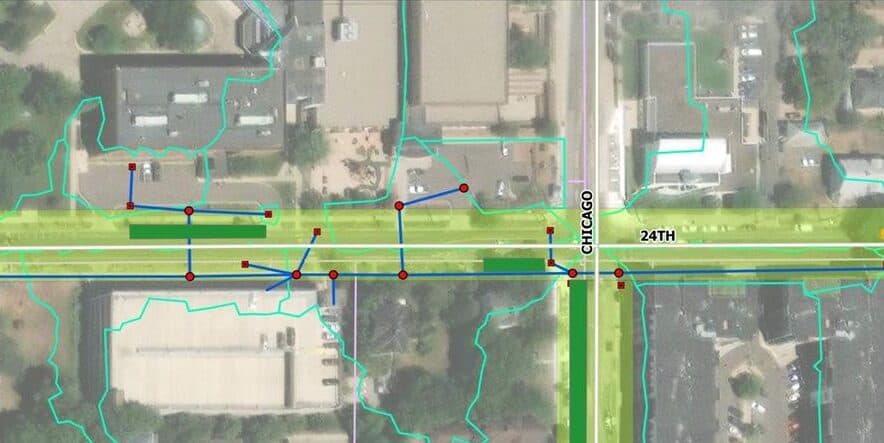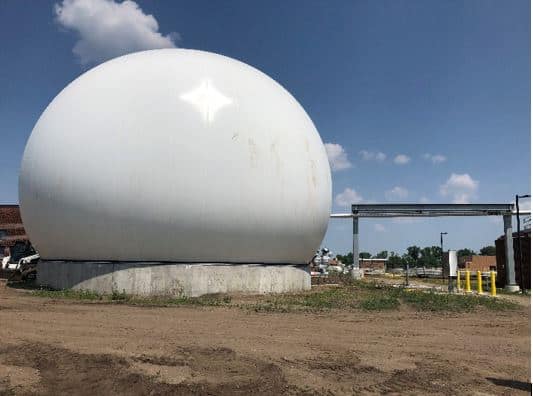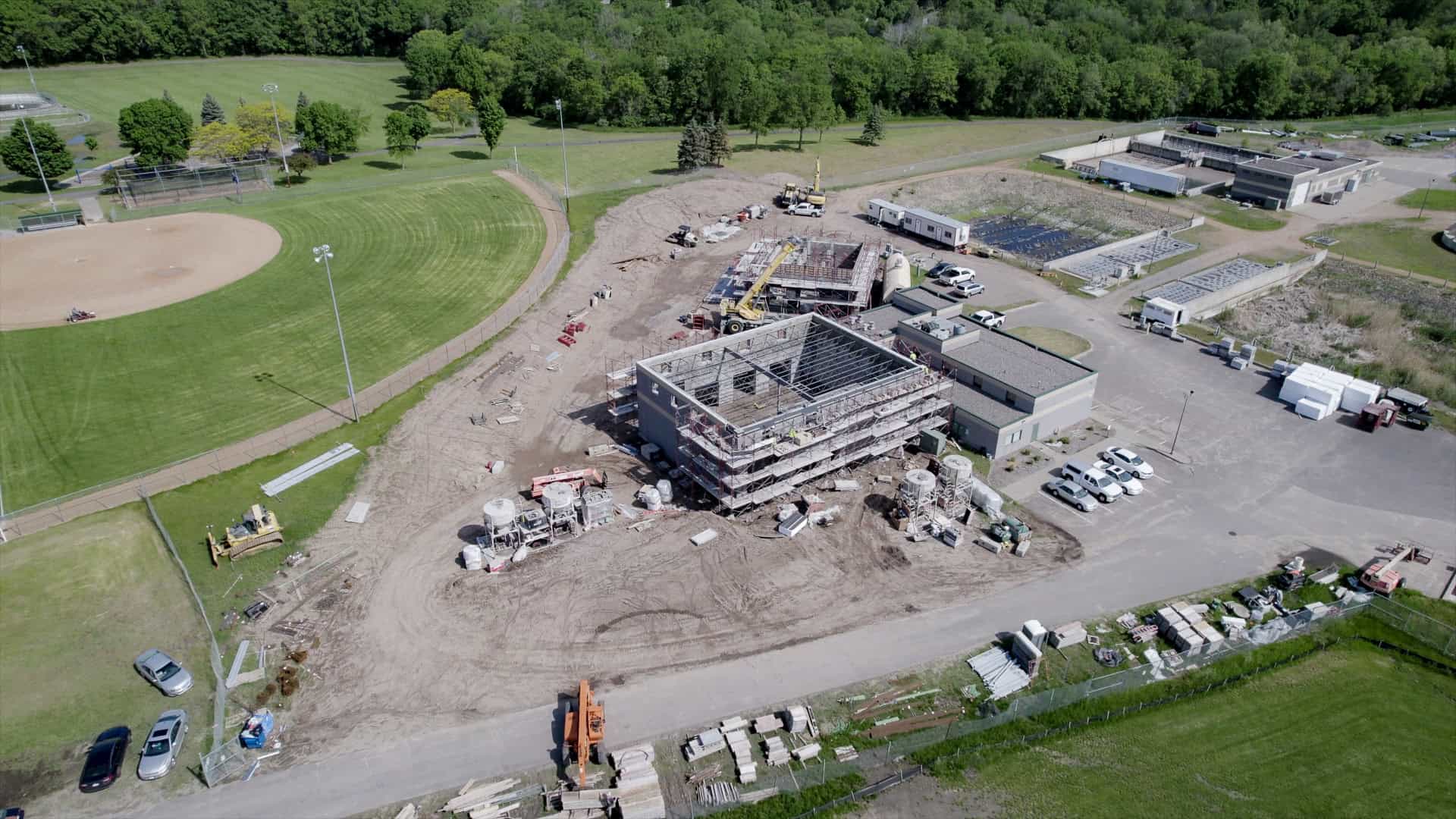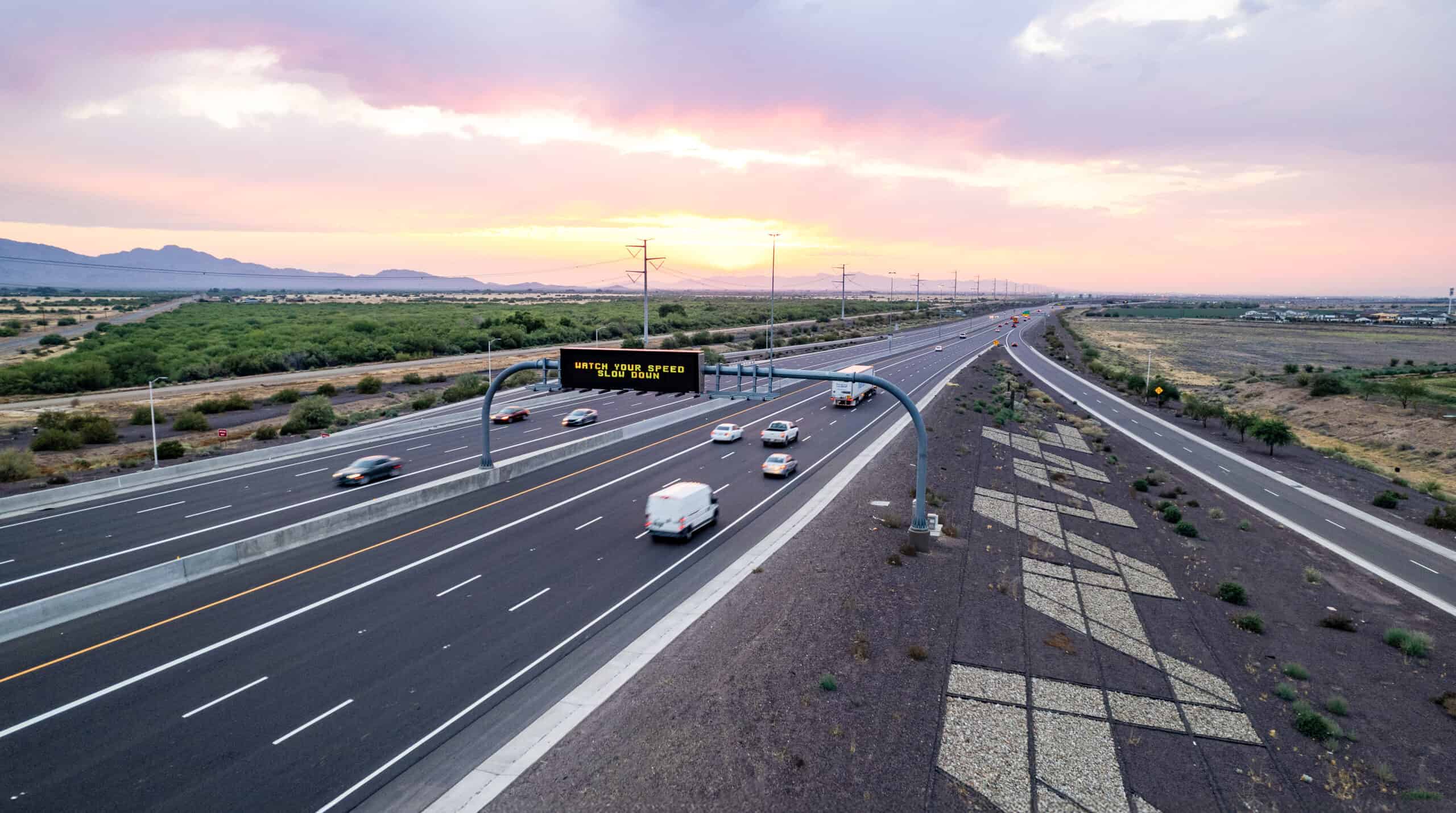
Phillips Neighborhood Green Stormwater Infrastructure Study
- Local Governments
- Public Sector
Market
- Engineering
- Sustainability + Resiliency
- Water
- Water Resources
Services
- Minneapolis, Minnesota
Locations
Challenge: The City of Minneapolis needed a feasibility study to incorporate Green Stormwater Infrastructure (GSI) within the Phillips neighborhood, a need that stemmed from two City of Minneapolis transportation projects scheduled for construction in 2024. The Phillips neighborhood is part of a city-designated Green Zone, a group of neighborhoods identified as having high levels of environmental pollution as well as racial, political, and economic marginalization.
The City wanted to take a new planning-level approach that combined feedback from the community, internal department priorities, and site suitability. Taking these into consideration, the City requested HR Green’s team look at feasible GSI options within the project corridors to address water quality treatment, volume reduction, and impervious surface reduction. The goal was to use the results to apply for funding for GSI implementation.
Solution: The City of Minneapolis and HR Green presented the projects and potential GSI options to the South Side Green Zone Council to gather their feedback. The HR Green team also met with City staff from various departments, and the transportation project consultants analyzed data and design information provided by the city and identified potential GSI ideas within the project area.
HR Green received feedback from all stakeholders and created a prioritized list of GSI locations for the transportation design teams to incorporate into their projects. Some of the recommended priorities identified by HR Green included boulevard bioretention, boulevard planters, tree trenches, and curb bumpouts.
Benefit: The City was able to use the neighborhood’s Green Stormwater Infrastructure list and provided summary maps to quickly look at new options when conflicts within the corridor arose. Since all stakeholders were included in the prioritization process, the swift change was easily accommodated within the projects. The planned GSI improvements will benefit the neighborhood by greening the transportation corridors, enhancing stormwater management practices, reducing the impervious surface area, and improving the water quality.




